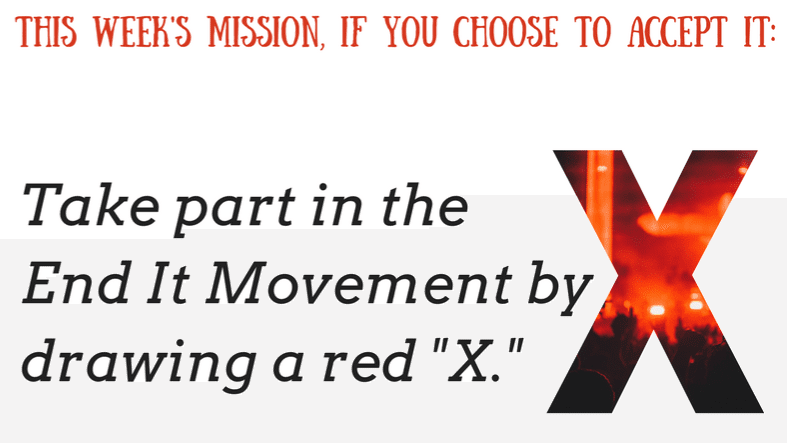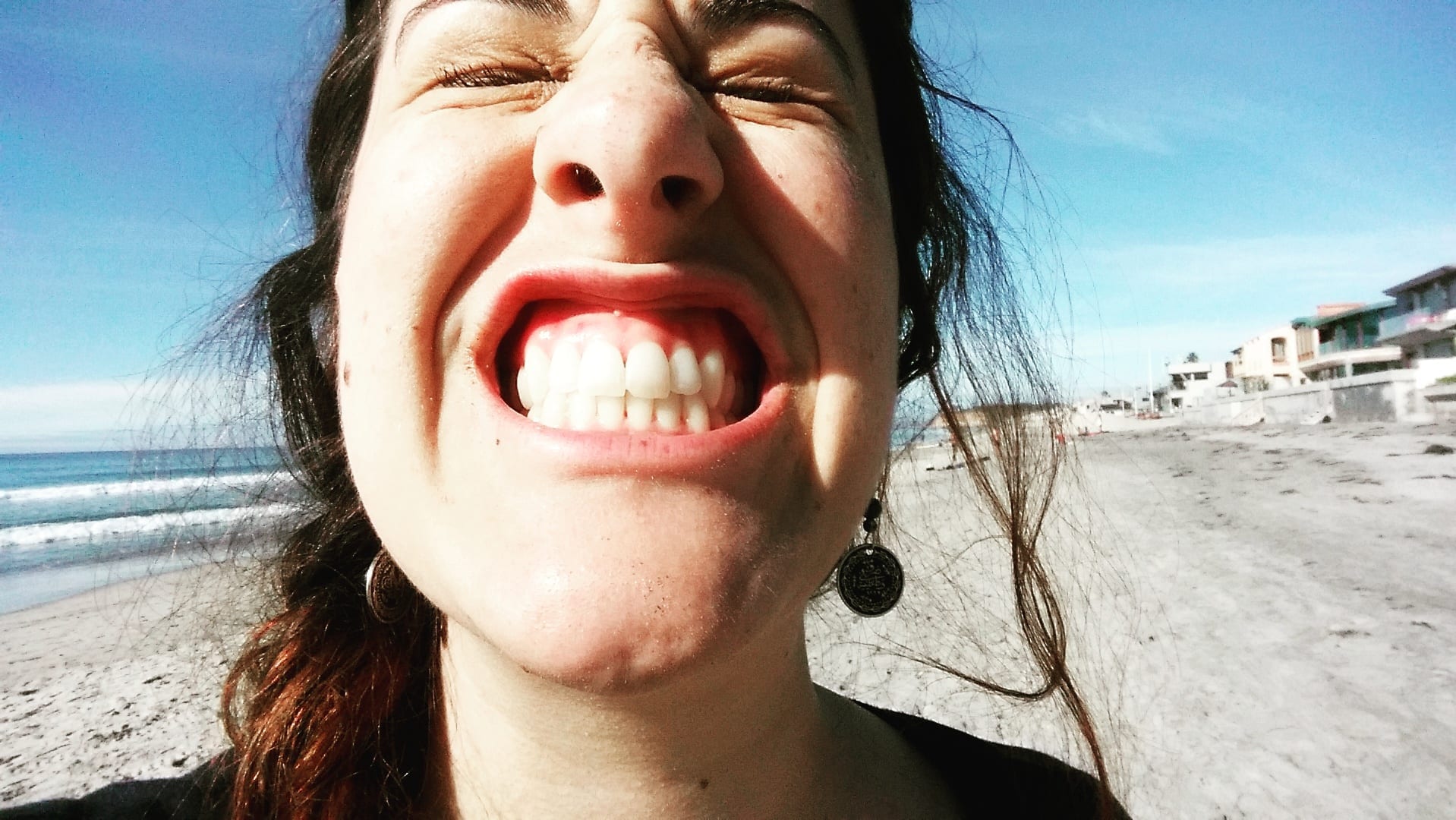Where Does My Holiday Candy Come From?
Should I consider buying Fair Trade or Slave-Free Candy?
Chocolate. Candy. Halloween. Holidays. Lots of Candy.
Now that I think about it, the only thing very constant about all holidays is candy. You might not go to grandma’s for Thanksgiving and you might not be with your lover on Valentine’s Day. But, if you need the comfort of the familiar, just walk into any store and you will find holiday candy patiently waiting for you to come back to it, greeting you in a loving embrace. Or at least, to be bought, eaten, and attached to you booty or belly to sticking through with you through the holiday seasons. There is always candy for holidays.
But although candy is a staple to our holidays, we should probably consider its origin before we sign on with Weight Watchers, overwhelmed by where it ends up. As with most things, what we buy and where we buy from actually effects other people, even if we don’t see it. Now candy, specifically chocolate, often originates from West Africa. It is a known fact that child slave labor is used to harvest the plant from where we get our chocolate in West Africa. Hence, a lot of activists get a bit extreme when it comes to their candy. For example, watch this movie:
Now is it really this bad? From what I understand, there were some international protocols set in place and the main chocolate companies signed a type of pledge about ten years ago to keep this type of modern slavery from happening. These companies are supposed to ensure that their workers are not victims of human trafficking, are in forced labor, or are child laborers. There is the hope that candy producers with also go as far as to make their products fair trade, which essentially means that they aren’t totally screwing over the people who they are getting the chocolate from. The pay them fair prices (not rich country prices, but a healthy local standard). I guess the reason fair trade and human trafficking activists are not happy is because the main candy companies we like haven’t done enough to ensure this, Hershey’s Cholclate lagging the furthest behind in being a corporation who is socially ethical.
So, is Hershey’s candy really blood candy? Slave candy? I don’t know. Maybe? About 75% of the world’s cocoa comes from West Africa (mostly Ghana and the Ivory Coast), and I’ve read there are between 100,000 and 200,000 children in forced labor on these chocolate farms in the Ivory Coast. But to really get an idea of how much of our chocolate obtained in an ethically wrong manner, we would probably have to add the estimated number of child labors to adults in forced labor. Both numbers are not easy to come by and disagreed upon. Then we have to figure out how many of the fourteen million workers in cocoa are actually in the region. If you see what I am getting at, the amount of people producing chocolate who are victims of trafficking might actually be very few (although I still think they should be free). But then again, we don’t if Hershey’s only buys chocolate from bad suppliers. In that case 100% of their chocolate could come from slaves (even if they aren’t aware that it does). We don’t know. And they won’t guarantee it.
You see, with the chocolate hoopla, I think the focus is more on the corporations. Pressuring them to ensure that their chocolate is totally socially responsible, but so far they won’t do that. After about ten years of saying your going to do something and you haven’t followed through with that, then yes, I can see why people are mad.
I won’t say all the companies are evil, though. Some are making progress. For example, Kraft and Mars have been rated as only having a D+, which is better than Nestles’ D- or Hershey’s big fat F. Then there is a large splattering of small chocolate companies who offer fair trade chocolate. The problem with them is that they just aren’t carried at your local grocery store. And many don’t all have bite-sized pieces to pass out for Halloween, and if they do they are super expensive. Go figure, all the smart guys, the ones with good grades, are not our favorites. And the popular loved candies get bad grades.
Actions for Being a Socially Responsible Consumer
You see, this presented a problem for me. Because I am just an average consumer. I don’t only buy fair trade stuff. And I like all the candy that is rated with Ds and the F. So what should I do?
Obviously, getting everyone to believe that Hershey’s Chocolate is evil enough to boycott probably won’t happen. And I am not too sure I want to pass out flyers with my Halloween candy tonight, declaring the big candy corporations are horrible because they won’t change their policies to reflect a respect for human life.
But this year I am doing something different. Because last year, although I knew there was something going on I didn’t pay any attention to it. This year I am. Not necessarily to totally change my actions, but enough to consider what are my other options.
And you can tell, its kinda late in the game, too. So what am I doing about it?
I researched a little.
I looked to see if I could buy any fair trade stuff locally. But I can’t unless I drive an hour away, which I just can’t do by tonight.
I can order online. But it won’t get here by tonight.
But, I can avoid Hershey’s on my own principle, even if I don’t totally boycott them. I might buy Mars Bars or stuff from Kraft, as they are at least rated slightly better.
I might by dinky toys, stickers or spider rings. I bought eye-ball hard candy from a company I’ve never heard of. I might buy more candy that is not made from chocolate, even if it is still from a not-so-perfect company. I considered getting mints from Project 7 at my local Wal-Mart, but I think those are too expensive for me to get for each trick-or-treater. You see, I am about to go back to the store and don’t know what I will end up doing. But I am at least going to be considering my purchasing power and how it reflects my principles.
I also signed this petition for corporations to raise the bar by checking to make sure their chocolate isn’t produced from modern slave-holders.
I know there are at least a hundred thousand Americans who probably care too if they knew that their chocolate might come from slaves. I figured I could be a voice for one of those people. And I figured they want to hear my voice. So I went here to Hershey’s site and spent five minutes writing this short letter in their contact form:
I’ve been trying to be a better consumer from a socially responsible perspective. I’ve been doing some research and I discovered that your company hasn’t totally ensured that your chocolate comes from workers who aren’t slaves or are in forced or child labor. This surprises me and makes me sad, as I think of you as good Americans, not a big evil corporation.
Actually, I still don’t see you as an evil corporation, but my perspective is shifting. I know it requires work to stick with the commitment you made some years back to be slave-free, but I have no doubt it is in your power to do more.
Also, for quite some time I’ve been wishing Hershey’s decided to make their chocolate fair trade. I don’t particularly want to pay more for candy- its already so expensive- but I want people to have more opportunities by being paid a fair wage. And for that, I would pay more as I know it is right.
Please consider that myself and hundreds of thousands of other Americans are beginning to feel the same way as we learn more about how our actions affect other people around the world. Thanks for your time in hearing me out! I know you can be an example in setting the standard of going beyond just creating delicious chocolate to socially great chocolate!
Learn More about Slave-Free and Fair Trade Chocolate from these sites:
This post, Trick-or-Treat Minus the Slavery, gives a little more background on what the problem is and what companies have fair trade chocolate to buy from. It also links to pretty much anything else worth reading on the subject.
This is the activist site for chocolate put together by some organizations who are invested in the issue: http://www.raisethebarhershey.org/
Halloween Actions for Fair Trade by Green America gives some more ideas on actions, including a photo contest ending today.
Lastly, you can look on the CNN Freedom project for movie clips, like this one, about chocolate and human trafficking.
Update From 2012 on Hershey’s Chocolate . . .
Earlier in October 2012, Hershey’s responded to the pressure, declaring that they will certify all their chocolate as slave and child labor free by 2020. There are different types of guarantees, with different types of certification, but someday we hope to get their chocolate knowing it didn’t hurt people in the process.











i’m so glad you wrote about this. it’s so easy to just buy the cheapest and the most convenient items in our grocery stores. thank you for making me think through my next chocolate purchase!